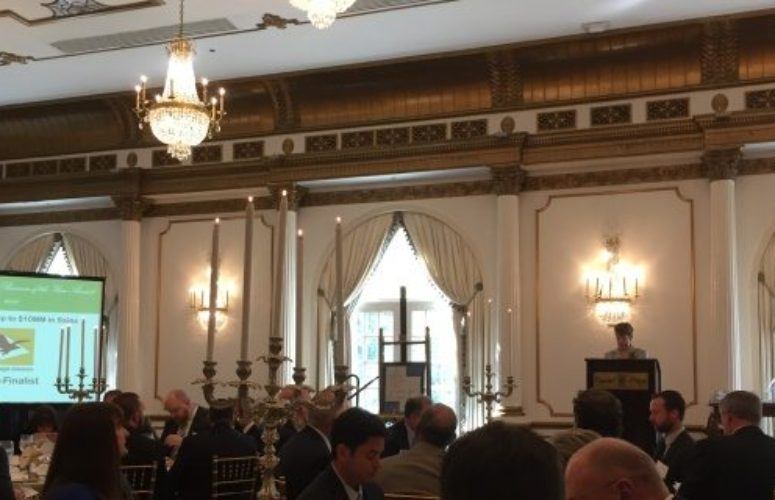
Multiple Talents in the Multi-generational Business
Take those talents to the next level and keep the business innovative!
By Ethné Swartz, Ph.D On Aug 29, 2016Consider the family business as a system with underlying constituent elements – family, business and ownership. For the family and its members, the family will always be the core context augmented by secondary contexts of work and community. If the key players in the business can view the family and its business as systems, the next generation can better understand cause and effect links within and among the constituent elements of the overall system.
Such a framing of the business can lead to discussions that are productive and lead to positive changes. From management literature, we know that successful organizations can benefit from generational diversity by adopting positive practices such as:
- Accommodating the generational and employee differences and agreeing how these will be managed as part of the company’s human resources practices.
- Creating workplace choices that allow employees to have some input into how work is done to better serve customers.
- Operating a management style that is direct (feedback, reward and recognition) and giving employees the freedom to perform and report back to their managers.
- Companies that respect diversity nourish staff by training and cross-training, often moving laterally to broaden work assignments.
- Respecting competence and initiative and acknowledging contributions by all staff.
Mentoring can be used to positively implement aspects of these five recommendations. Conventionally, organizations conceive of mentoring of younger staff members (mentees) by more experienced managers (mentors). This is an excellent practice and the more experienced manager can shorten the management learning curve for the mentee. Formal mentoring can be a way in which the mentor facilitates learning about the culture of the organization, particularly when the mentee is likely to be an owner of the company at some point in the future.
Reverse-mentoring is a practice in which the roles are switched and the mentee becomes the teacher! This practice works powerfully in situations where new technology has to be embedded.
The Millennial generation grew up with digital tools that older generations once regarded as suspect and now have to accept as essential for efficient networking. Note that the strategy for how the business exploits digital technologies should still remain the responsibility of those in senior positions. Structuring these types of mentor-mentee relationships can lead to an appreciation of the strengths that both generations bring to the organization.
About the Author: Ethné Swartz, PhD, is associate dean for innovation and strategic initiatives at the Silberman College of Business, Fairleigh Dickinson University, Madison. On September 29th, 2016 (8:30 am to 10:30 am) the college will host a panel to discuss the dynamics that arise when there are multiple talents in a multi-generational business.
Related Articles:






